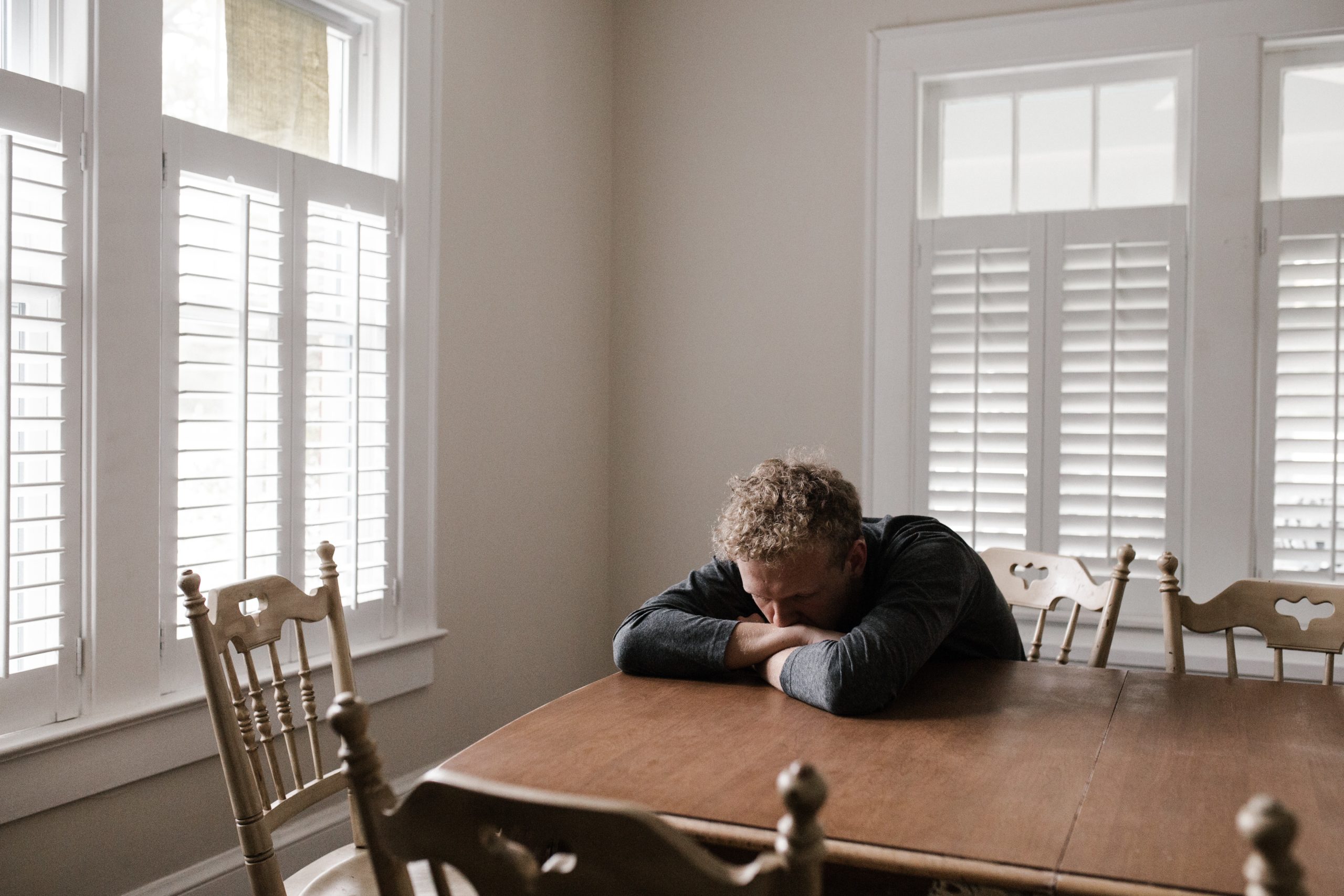I regularly read an article that I enjoy reading and that I find relevant for psychotherapy. I summarize it and discuss how I see it as relevant for clients on my blog. Do you have questions, comments, or suggestions for other articles to read? Leave a comment below the post.
Intolerance of Uncertainty as a Transdiagnostic Mechanism of Psychological Difficulties
My boss just said he wants to talk to me. What if I did something wrong? What if he wants to fire me? What if I can’t ever find another job? These thoughts fit a psychological concept called “intolerance of uncertainty”, which is defined as the discomfort when thinking about a future event and not knowing what to expect from it. Even though we may all experience some level of discomfort when our bosses want to talk to us, for some people, not being able to know what will happen is accompanied by greater stress than for others. Intolerance of uncertainty matters for clients in my practice, as it is central to an approach that I adhere to, Cognitive Behavioral Therapy. But how certain is the evidence behind it and what does that (lack of) certainty mean for me as a therapist?
Psychologists have tried to identify whether intolerance of uncertainty is a cause or consequence. Intolerance of uncertainty could occur as a result of, for instance, experiencing excessive amounts of worry. You see many of your colleagues being fired the last months and this is causing you a lot of stress. Will you be the next one? Will you keep your job? What will happen to your mortgage? Will you losing your job affect your family? When people around you are losing their job and your boss wants to talk to you an alarm may go off for you and you may not be able to cope even with this simple request.
There is another explanation for intolerance of uncertainty. Perhaps you may have built up negative expectations in unpredictable situations like this. The night before you travelled for the first time to another country, you could barely sleep because you were trying to imagine whether you would be able to find your hotel, how you would manage to communicate in a place where you didn’t know the language, and many other details that you could encounter during your trip. All of these expectations were formed because the last time you travelled to a different country, you were mugged. The moment you encounter an unpredictable situation again your mind will be busy trying to solve problems that may never happen. After all, the mugging last time was rather by chance, or the country you will travel to now is much safer than where you travelled to last time.
As a therapist, it is crucial to understand what I am dealing with when I talk to a client, as I want to help people better cope with intolerance of uncertainty and the anxiety that accompanies it. Knowing which comes first would mean I have access to more effective interventions, as they could be directly targeted at what is known to be causing and maintaining the problems.
In his article Intolerance of uncertainty as a transdiagnostic mechanism of psychological difficulties: a systematic review of evidence pertaining to causality and temporal precedence, Dr. Benjamin Rosser reviewed studies trying to understand which is the cause and which the consequences. Overall, Dr. Rosser found some evidence supporting the idea that intolerance of uncertainty causes anxiety symptoms such as worry and catastrophizing. Perhaps unsurprising from the examples I provided, he also found evidence supporting a bi-directional effect between intolerance of uncertainty and anxiety symptoms (e.g., anxiety leading to intolerance of uncertainty). Dr. Rosser concluded that the presence of inconsistencies across the studies reviewed does not allow absolute conclusions for the causal direction.
Implications for clients I see in therapy
Generalized Anxiety Disorder is often dealt with by focusing on the intolerance of uncertainty. Generalized Anxiety Disorder itself is characterized by the presence of excessive worry. Within these protocols, intolerance of uncertainty is sometimes thought to be responsible for maintaining worry to even pathological levels. Not knowing what will happen in the future leads many of my clients to think about the worst possible outcomes and to engage in attempts to solve all of these catastrophic scenarios. In the end, this can lead a client to freeze in trying to resolve any of these scenarios.
My goal when working with these clients is to help them experience a broad range of uncertain daily life situations without the constant feeling of threat. In order to achieve that, we work on trying to change some beliefs about unpredictable situations. We also do exercises in which they deliberately try to act differently than they typically would when unfacing uncertainty. By doing this, my clients gather new information for their own lives. Building up new experiences provides them with new strategies when dealing with uncertainty.
Limitations in Applying the Study to Therapy and Conclusion
Dr. Rosser’s research helps me to understand that it is not a given which comes first, the situational context or one’s life experiences. As a therapist, I need to make a clear assessment of the context to understand when it is about prior experiences and when it is about the current situation.
Maybe the fear of being fired was always present in my client’s life, even when they were in a safe working environment. Or my client usually expects the worst from daily life situations already, even though things usually end up well for them. Alternatively, their worries could be the result of genuine uncertainty about the environment. While worries can be an attempt to be prepared for different possible outcomes, they can end up depriving them from the confidence they need to deal with problems when they actually occur. That’s where I hope to support my clients to the best of my ability.
Photo by Andrew Neel from Pexels



